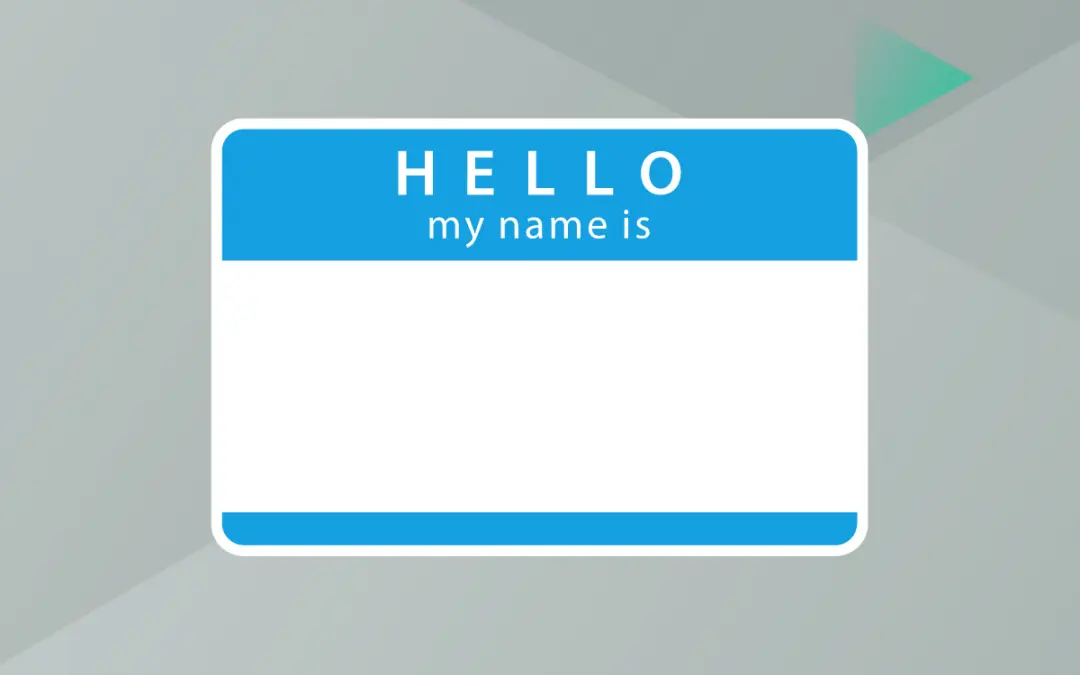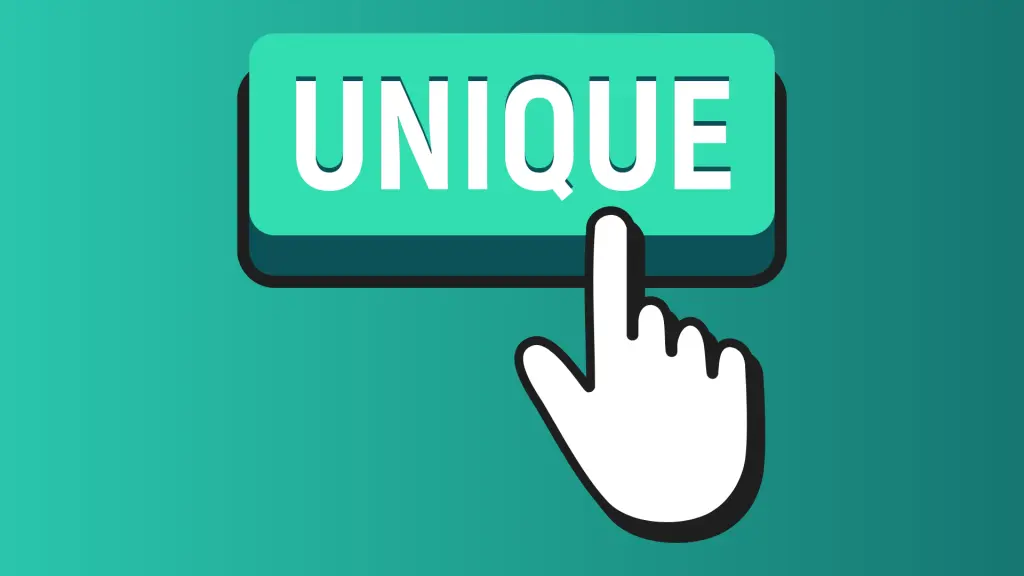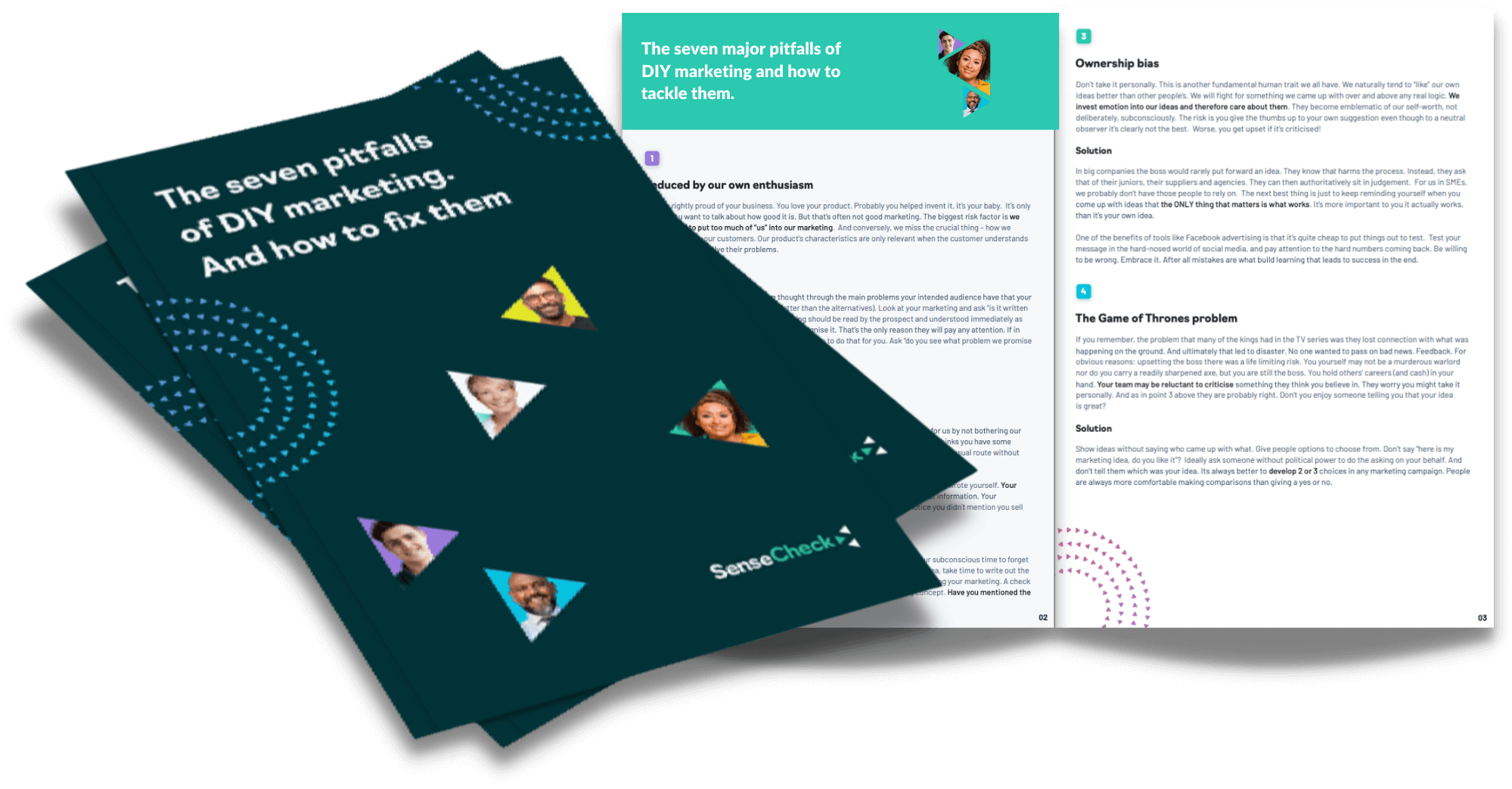
It’s tempting to think short term as an entrepreneur. To go with a brand name that seems to get the most attention. But your brand is perhaps the biggest and longest-term decision you face.
Anita Roddick created The Body Shop as a multinational business, a huge success, but was inspired by a single store on the West Coast USA (i.e. she copied it!) called the same thing. So, her business was locked out of the US market for ever. Not good.

Some conundrums:
Do you make your brand distinctive (or even controversial) or do you make sure it conveys what you do and who you are? The former may be great for attention but might be tough on achieving conversation. Particularly in a world where attention is measured in seconds not minutes. On the other hand, do you make your brand nice and explanatory but ultimately easy to copy and hard to protect.
You can make any brand dominant by spending lots of money behind it, but most of us have limited budgets so the harder your brand identify works for you, the better the impact for each dollar you spend.
In the example shown below, the store name may be fun and eye catching but can it ever be ownable and distinctive? Its appeal is derived from something else, surely, so that would be a limitation if they chose to grow.

A check list for brand naming success:
Remember: Naming is the art of the possible. Naming is as much about what you can have, as what you want. Just think about everything a name faces: language checks, domain availability checks, legal checks, getting the thumbs up from colleagues and the boss’s husband or wife…
The more abstract the more awareness has to be built to impart meaning.
Your brand name is the shop window of your business, it becomes your business so is a crucial decision. But don’t get too hung up on it. Many successful businesses have had less than perfect names. Over time you will give the right meaning to whatever name you choose. But if you get it right your name will give you as short cut to winning attention, achieving interest from your possible clients and even attracting staff or investors.
